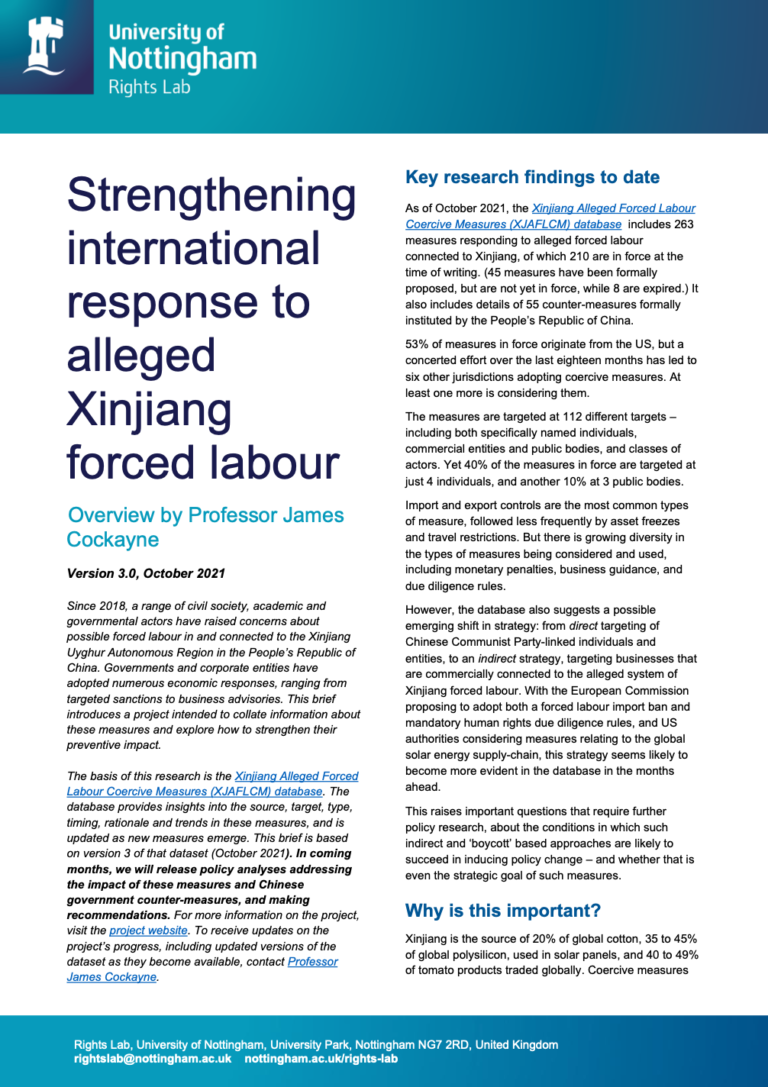Detaining Victims: Human Trafficking and the UK Immigration System
GuidanceThis report draws on the frontline experiences of Labour Exploitation Advisory Group members, including Ashiana Sheffield, Latin American Women's Rights Service and Bail for Immigration Detainees, to explore why and how victims of trafficking are be...Read More

